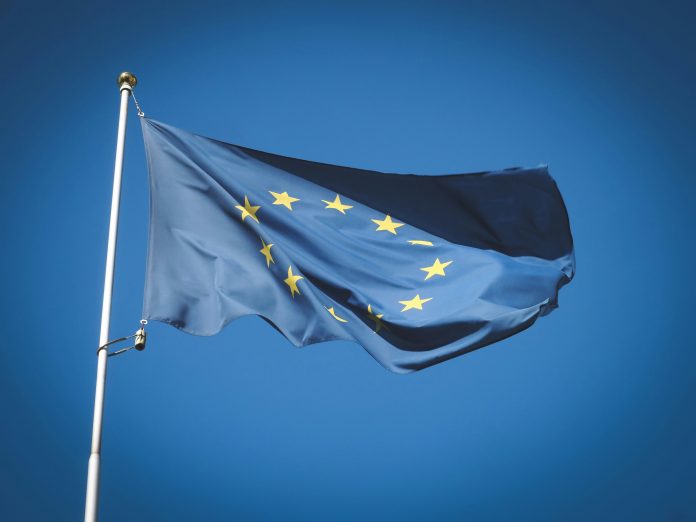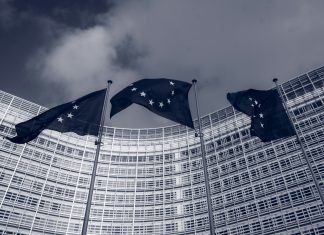The recent EU elections have resulted in a mix of continuity and change within the union’s leadership.
Ursula von der Leyen secured a second term as President of the European Commission, an outcome that bodes well for the ongoing support of the Green Deal.
In the European Parliament, Roberta Metsola, a centre-right MEP from Malta, continues as President, indicating a stable leadership path. Meanwhile, new faces have emerged in the European Council, with former Portuguese Prime Minister António Costa set to become its next President, and Estonian Prime Minister Kaja Kallas nominated as the EU’s forthcoming foreign policy chief.
This balanced mix across political lines—with von der Leyen and Metsola representing the centre-right, Costa the centre-left, and Kallas the centrists—suggests a nuanced approach to future EU policymaking.
In the European Parliament, a strategic alliance among mainstream parties, including the Greens, has led to the establishment of a “cordon sanitaire” against extreme-right factions. This alliance ensures that critical parliamentary committee positions are held by those committed to progressive values, thus promoting continuity in legislative work.
This arrangement reflects a commitment to moderate, yet firm governance, particularly in sustaining democratic norms and values.
The nominations for the EU Commission are underway, with member states vying for significant portfolios, climate change being a prime candidate. The selection process will play a pivotal role in determining the EU’s sustainability trajectory over the next five years.
Despite some resistance from centre-right parties, Teresa Ribera, former Spanish Minister of the Ecological Transition, has expressed her ambition to lead the climate portfolio, highlighting the ongoing relevance of environmental issues at the highest levels of EU governance.
The theme of ‘competitiveness’ is poised to define the EU’s agenda for the coming years, intertwining closely with green policies to foster economic growth. Ursula von der Leyen has proposed a Clean Industrial Deal aimed at decarbonising industries and promoting green technologies, a pragmatic step towards achieving climate neutrality by 2050.
However, the integration of the Green Deal with economic objectives may necessitate adjustments in timelines and targets, indicating a more flexible approach to environmental policy.
The proposal for a new Circular Economy Act underscores the EU’s commitment to sustainable production and consumption.
This act aims to stimulate market demand for secondary materials and establish a unified market for waste, especially critical raw materials. Such initiatives are crucial for supporting Europe’s transition to a more sustainable economy, reflecting a strategic blend of environmental foresight and economic pragmatism.
Read the recent post by Position Green here.
Keep up with all the latest FinTech news here.
Copyright © 2024 FinTech Global











